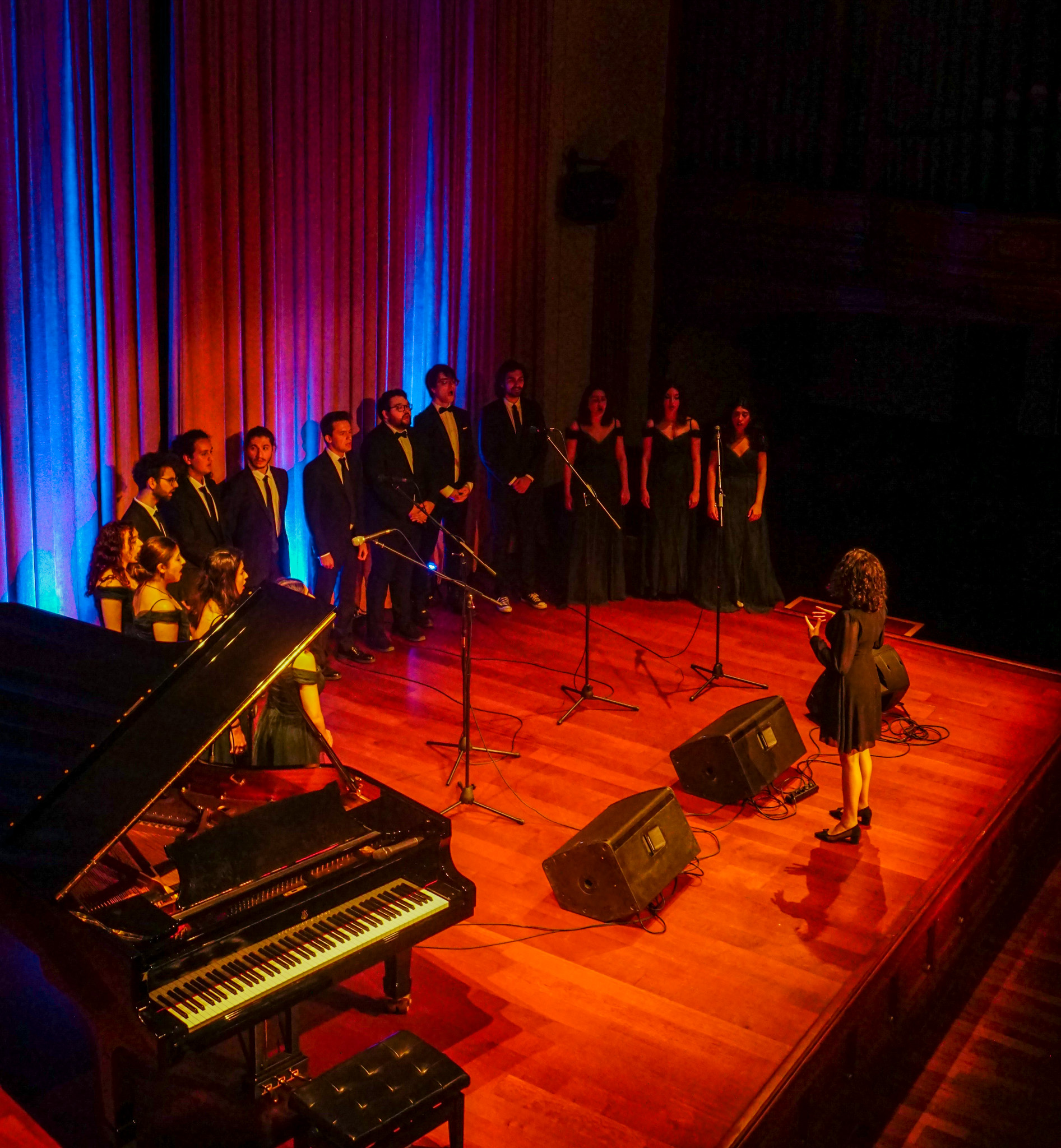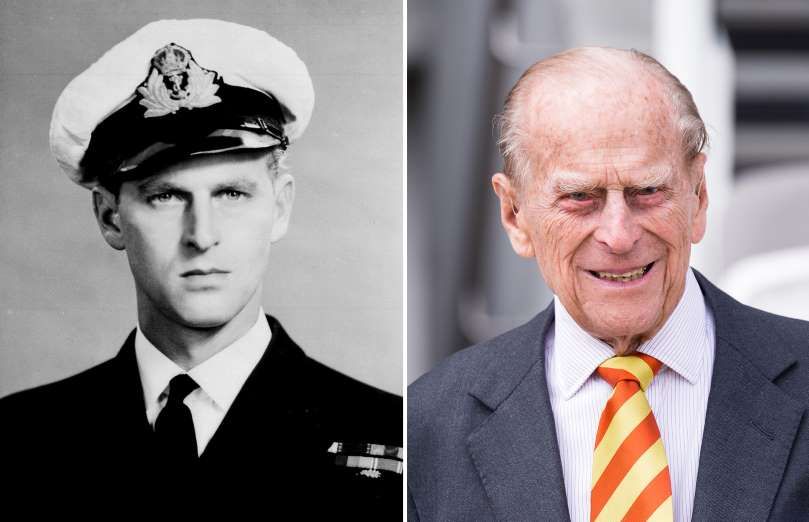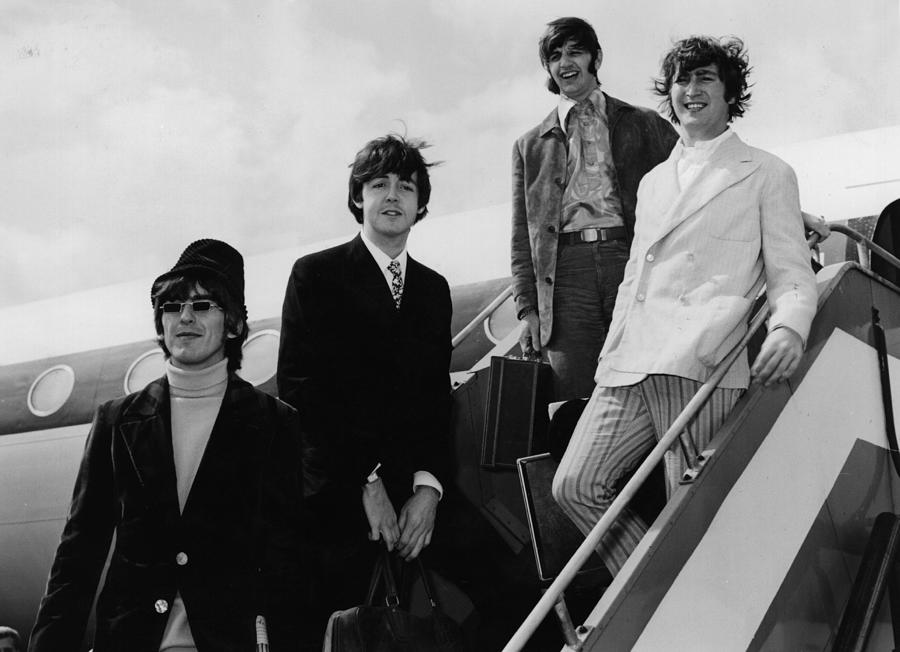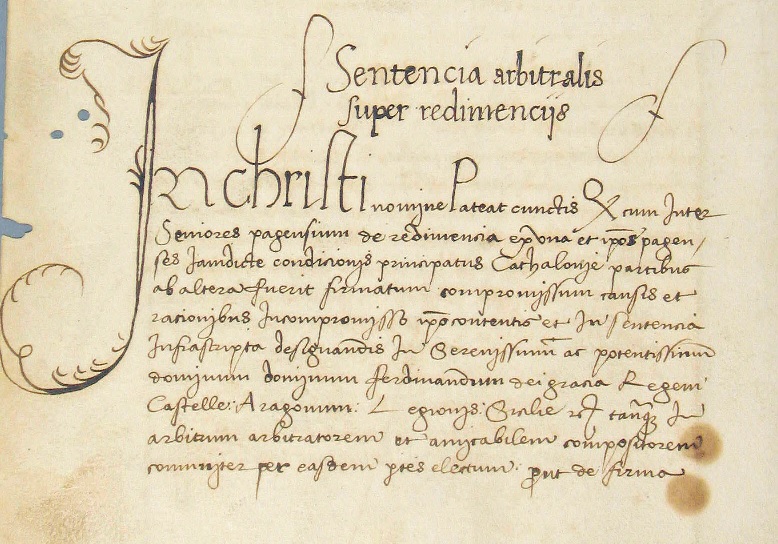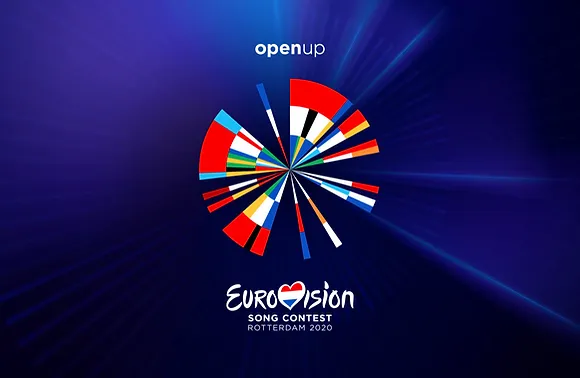
Eurovision 2021: Stronger Than Ever

‘’Let the Eurovision Song Contest begin!’’
It had been two years since the world heard this sentence until 18 May 2021. In 2020, due to the COVID-19 pandemic, the annual song contest of Europe, the Eurovision Song Contest, was canceled for the first time since it debuted in 1956. Previous Executive Supervisor of the Eurovision Song Contest Jon Ola Sand announced the cancellation on 18 March 2020 and told the contest would come back next year ‘’stronger than ever.’’ The 65th Eurovision Song Contest took place in Rotterdam, The Netherlands, on 18-20-22 May 2021, thanks to the victory of Dutch singer Duncan Laurence with the song ‘’Arcade’’ in the 2019 contest.
This year things were different than the other years due to the ongoing COVID-19 pandemic. The restrictions and rules were strict, which gave the production team, countries, and audience a unique Eurovision experience that they had never witnessed before. Everybody had to be tested daily to enter Ahoy Arena, where the contest was taking place, and thousands of tests had been done throughout the event. The aim was to create a show with the minimum risk, and it would be fair to state the production team achieved it. Generally, Eurovision has a huge live audience capacity that can reach up to 15.000 people; however, this year, there was a limit of 3500 people with negative tests in the live audience. Another change was in the rules: This year, for the first time, the European Broadcast Union (EBU) allowed recorded vocals on stage to decrease the number of people in the delegations. Also, all the countries had to record live-on-tape performances in case they would not be able to make it to the stage. Australia was the first country to compete in the competition with a recorded live-on-tape studio performance since the Australian delegation could not travel to Rotterdam because of the strict flight restrictions in Australia.
Even though the restrictions were strict, COVID-19-positive cases were not non-existent. The winner of the previous year, Duncan Laurance, tested positive just before the Grand Final rehearsals and could not be on the stage live. Two of the incidents in the competition came from Poland’s and Iceland’s delegations. Two delegations had a member who was tested positive just after the rehearsals. Luckily, the stage team was not affected by this in the Polish delegation. However, after the second test, it was confirmed that one of the band members tested positive in the Icelandic delegation. This was exceedingly shocking since Iceland and the representatives Daði og Gagnamagnið were the fan favorite both in 2020 and 2021. They decided to withdraw from live performances in the show and competed with the footage from their second rehearsal. Despite all the obstacles, they qualified for the final and came 4th in the competition with 378 points.
Eurovision 2021 was one of the most competitive years ever. Several countries competed in the odds for the top throughout the last months. France represented by Barbara Pravi with the song Voilà came second with 499 points, coming second in the Jury vote and third in the televote. Switzerland’s representative Gjon Tears has been a fan favorite in both 2020 and 2021. This year his song Tout l’univers and outstanding vocal performance made him the Jury vote winner with 267 points, and he came 3rd in the overall contest.
In the end, Italy, represented by the band Måneskin with the song Zitti e Buoni won with 524 points. They came 4th in the Jury votes and won the televotes with 318 points. In total, they received 524 points and brought Italy the victory after 31 years. This was a historic moment from several aspects after Italy was the favorite to win throughout the last decade. The band member Thomas Raggi became the first winner who was born in the 21st century. Their song Zitti e Buoni is the first rock song that won since the triumph of Lordi representing Finland with Hard Rock Hallelujah in 2006. After the win, Måneskin hit the music charts worldwide, and Zitti e Buoni became one of the most-streamed Eurovision songs and the most-viewed live performance ever on Eurovision's official YouTube channel. They caught an extraordinarily huge success after Eurovision in a short time and continued to climb as time passed. On 24 May, Zitti e Buoni was 9th on Spotify Global Chart and became the most-streamed Italian song ever in one day. On the week of May 21-27, their album Teatro d’ira – Vol. I became the 9th most listened album in the world on Spotify. They also made it to the official UK Top 20 Chart, which gave it the title of the first Italian song to reach there in 30 years. Moreover, Zitti e Buoni debuted at 26th on the Billboard Global 200 Chart.
This year several Eurovision songs caught great success worldwide. Eleven other Eurovision songs already made it to the Global Charts, and they went viral and became Top 10 in most countries. For example, Ukraine’s entry Shum got global attention and came 2nd on the televote and 5th in the contest. Their act was one of the most remarkable performances, and this continued after the contest. As their climb continued, they were 1st in Spotify World Ranking, and they became the first Ukrainian-language song in history to enter the Billboard Global Chart and hit the Global Spotify 200 Chart. Lots of other songs are also on the lists all around the world, including Spotify and Billboard charts, and the contest is providing a more significant number of hits when compared with other years.
Eurovision 2021 was a fabulous celebration after two years of waiting. There were numerous important moments and points, and some of them are listed below:
- Jan Smit, Chantal Janzen, Edsilia Rombley, and Nikkie de Jager were the hosts of this year’s contest. Nikkie de Jager -better known as Nikkie Tutorials on Youtube- has become the first transgender presenter of the Eurovision Song Contest.
- San Marino was represented by Senhit -who participated in the contest in 2011 and was the representative in 2020- and was joined by Flo Rida on the stage. A worldwide star representing a small country in Eurovision was a significant moment in Eurovision, and they received the first 12 points of San Marino.
- The top 3 of the contest included the songs entirely non-English for the first time since 1995. Also, Ukraine came 5th with its Ukrainian entry Shum after Iceland. Therefore, the Top 5 included four non-English songs.
- For the first time since their debut, Australia failed to qualify for the final, which left Ukraine as the only country that has a complete qualification streak.
- 4 countries (United Kingdom, Germany, Spain, and The Netherlands) received zero points from the televote. This was the first time more than one country received null points in televoting.
- EBU released that the three shows had 183 million viewers in 36 markets. Furthermore, the YouTube live streams of the shows were a massive success, with 50.6 million viewers across 234 countries/territories.
Eurovision Song Contest 2021 ended on the night of 22 May with the victory of Italy. As Jon Ola Sand stated last year, this year, the contest was stronger than ever with clear evidence of the success of the contest, artists, and songs all around the world and has been the source of lots of records and firsts in the Eurovision world and history. Eurovision Song Contest 2022 will take place in Italy next year, and the preparations for the next contest have already begun.





